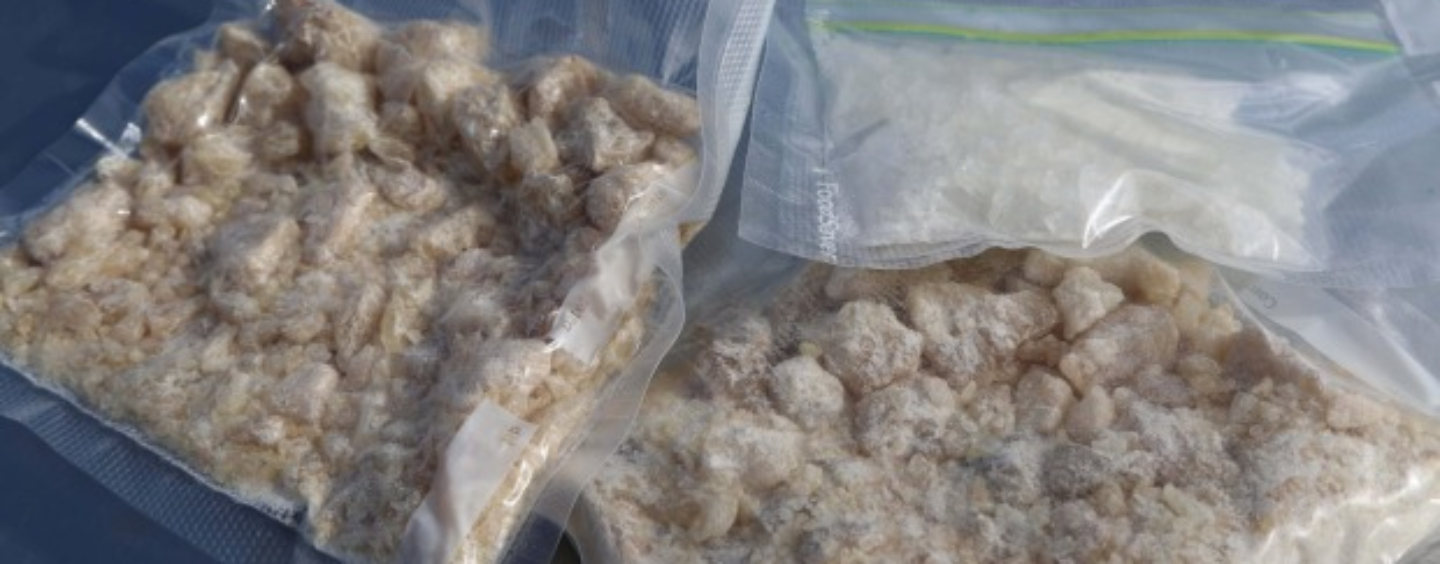The use of illegal drugs such as ice is an important community concern. The police, medical services and communities struggle to deal with the aggressive and hyperactive behaviour of ice addicts as well as the crimes they commit to fund their addiction.
While there is no question the police should maintain their strong stance against violence and theft, we should remind ourselves that the problem of ice is occurring despite it being illegal. If prohibition were effective, ice wouldn’t even exist. If we want things to change, we need to change our approach.
One option is to decriminalise the taking of drugs by adults, converting it from a problem of crime into a problem, where it exists, of addiction. In 2000 Portugal did exactly that, leading to a decline in drug‑related crime. Crimes committed under the influence of drugs fell, as did crimes undertaken to fund drug use.
Perhaps surprisingly, drug decriminalisation also led to no increase in drug use. It turns out people don’t rely on the government to make their choices for them. Those who want to use drugs are rarely dissuaded by the risk of criminal conviction and imprisonment, and those who don’t want to use drugs do not suddenly change their mind once the threat of jail is taken away.
If decriminalisation has any effect on behaviour, it is to make it easier for drug‑users to become non‑drug-users, because they can seek help to quit without risking prosecution and jail.
Drug decriminalisation has also reduced drug deaths and injuries, as users have been better able to test the quality of their drugs or use them more safely, and users haven’t felt the need to load up on drugs at home before heading out to venues where police are on patrol.
Easing concern
Naturally, some people find scary the thought of introducing a policy of decriminalisation.
To help ease that concern, one approach is to begin with a careful, reversible and regulated legalisation of the production and sale of drugs that are recognised as being less harmful than alcohol, tobacco and ice.
According to a 2010 report in the medical journal, the Lancet, a study led by Professor David Nutt of Imperial College London identified 16 different types of harm from drugs, from death and disease to crime and family breakdowns. Remarkably, it found that alcohol was the most harmful drug of all.
Despite that, while some in our community would ban alcohol if they could, most of us accept that some people enjoy alcohol, that it has certain benefits, and that regulation is the best way to contain its harms.
If the same thinking was applied to less harmful drugs, marijuana and ecstasy could be legalised immediately. This would take it out of the realm of criminals, who care nothing for the quality of their product and push them at schools and in the streets. It would also allow immediate access to medicinal marijuana for those who really need it, such as adults and children with multiple sclerosis, motor neurone disease, severe epilepsy and cancer.
Legislation on medicinal marijuana was passed more than a year ago, but it didn’t allow patients to access it from their current suppliers. Instead it pursued the narrowest, most complicated regulatory approach imaginable. As a result it is easier for a camel to pass through the eye of a needle than for a needy patient to get medical marijuana legally.
Medicinal marijuana elusive
Health Minister Greg Hunt recently announced that some bureaucratic milestones towards accessible legal medical marijuana have been met. So more bureaucrats are smiling, but the legal supply of medicinal marijuana is still elusive in reality.
Drug regulation need not be this bureaucratic. Instead it could focus on ensuring that certain types of access, such as non-medical supply to children and driving on public roads while impaired, remains forbidden.
Furthermore, people who want nothing to do with any newly‑legalised drugs should be able to easily avoid them. Social venues should be at liberty to remain drug-free — or continue to allow alcohol as the drug of choice — and to deny entry or eject anyone they choose. Similarly, employers should retain the right to reject a potential employee, or fire a current one, for failing the employer’s requirement for a drug‑free workplace. Sports organisations should similarly be able to impose their own rules on players.
But what people do in the privacy of their own homes would be a matter for them.
David Leyonhjelm is a senator for the Liberal Democrats
AFR Contributor
Originally published at www.afr.com on March 2, 2017.









